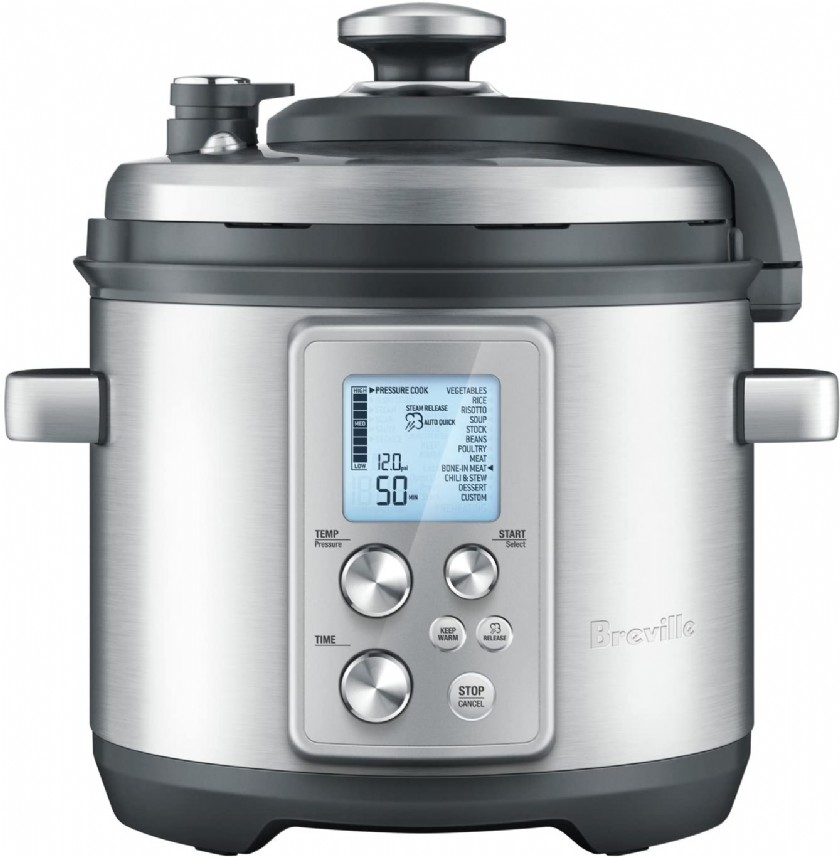Ensuring Correct Tire Pressure
Proper tire pressure plays a crucial role in maintaining vehicle safety and performance. Ensuring that your tires are inflated to the correct pressure can help prevent accidents, extend tire lifespan, improve fuel efficiency, and provide a smoother driving experience. Here are some essential tips to help you maintain correct tire pressure:
Regularly Check Tire Pressure
It is vital to check tire pressure regularly, ideally at least once a month and before long trips. Make use of a reliable tire pressure gauge to measure the pressure accurately. You can find the recommended pressure for your vehicle's tires in the owner's manual or on a sticker on the driver's side door jamb.
Check Tire Pressure When Cold
Tire pressure increases as the tires heat up due to friction while driving. To get an accurate reading, always check the tire pressure when the tires are cold. If you have recently driven your car, wait for at least three hours before checking the pressure.
Never Inflate Tires Beyond the Recommended Pressure
Overinflating tires can lead to a harsher ride, increased risk of a blowout, decreased traction and control, and reduced contact area with the road surface. Always follow the manufacturer's recommended pressure to ensure optimal performance and safety.
Check Spare Tire Pressure
The spare tire is often overlooked until needed. Make sure to check its pressure regularly as well, especially before long trips. Having a properly inflated spare tire can be a real lifesaver in case of emergencies.
Replace Faulty Valve Caps
Valve caps protect the valve core from dust, dirt, and moisture, preventing air leakage. If you notice any damaged or missing valve caps, replace them promptly to maintain proper tire pressure.
Consider Seasonal Adjustments
Extreme temperatures can affect tire pressure. In colder climates, tire pressure tends to drop, while it increases in hotter regions. It is advisable to adjust tire pressure according to the seasons, following the manufacturer's recommendations.
Monitor Tire Pressure Monitoring System (TPMS)
Newer vehicles are equipped with TPMS, which constantly monitors tire pressure and warns the driver of significant deviations. If your vehicle has TPMS, pay attention to any warning lights and address any issues promptly.
Maintaining correct tire pressure is a simple yet crucial task that every vehicle owner should prioritize. By following these guidelines and regularly checking tire pressure, you can help ensure a safer and more efficient driving experience, while also extending the lifespan of your tires.



 28
28